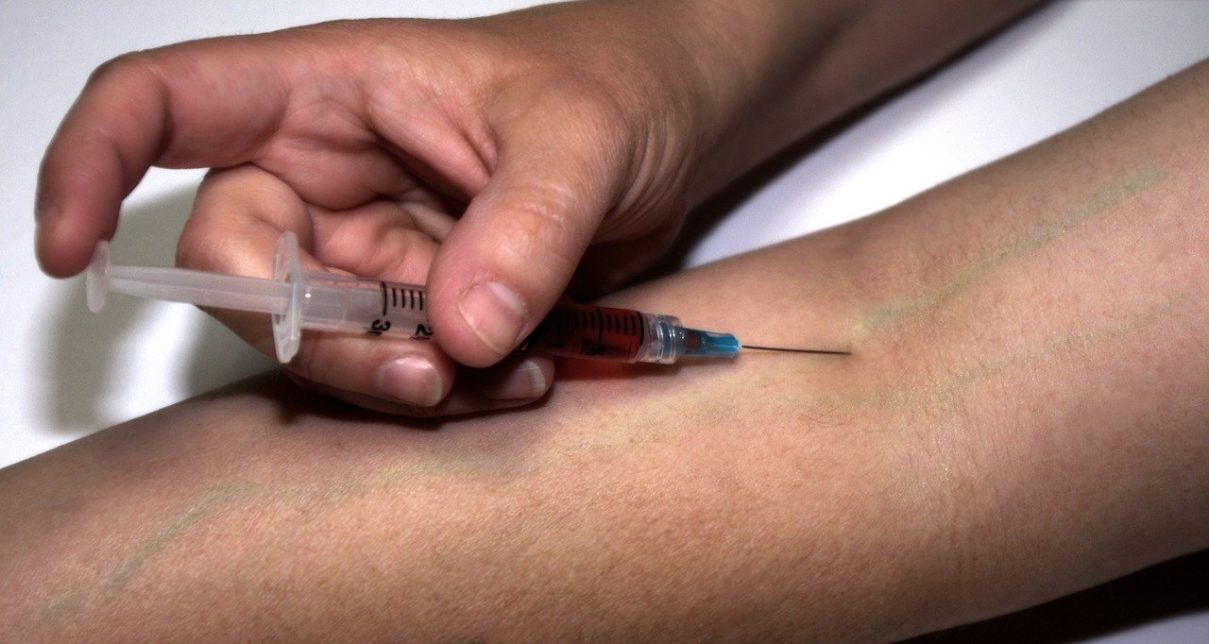Youth overdosing, prompts changes to B.C Mental Health Act. The province is facing record amounts of youth deaths
The B.C Government has introduced amendments to the Mental Health Act to improve the care and safety of youth under the age of 19 who are experiencing severe problematic substance use by providing short-term involuntary emergency stabilization care following an overdose.
Based on the expert advice of the BC Children’s Hospital and other renowned child and youth advocates, the changes will enable hospitals to keep youth safe immediately following an overdose. The proposed changes are designed to prioritize the best interest of youth and facilitate better connections to voluntary culturally safe care.

“This is a new and much needed tool in our toolbox to help youth with severe substance use challenges and their families,” said Judy Darcy, Minister of Mental Health and Addictions. “Experts are telling us this emergency measure is vital to ensure the immediate safety of young people in crisis. We are taking that advice and we are enabling hospitals to extend the care they provide to help youth stabilize and leave the hospital with a clear plan to access voluntary services and supports in the community.”

Youth living with severe problematic substance use who are admitted to a hospital following a life-threatening overdose can be admitted for stabilization care for up to 48 hours or until their decision-making capacity is restored, for a maximum of seven days. This short-term emergency care will be provided at hospitals throughout the province where there is an existing designated psychiatric unit or observation unit.
The proposed changes to the Mental Health Act will support health-care providers and hospitals to provide medically necessary health care and observation for a youth to recover from an overdose, regain their decision-making capacity and create opportunities to engage with supports and services to treat the problematic substance use. Following the period of stabilization care, youth will be connected to supports and services in the community.









